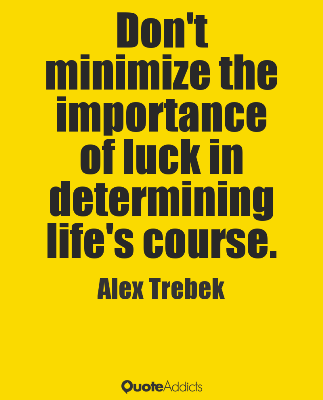Creating meaningful connections, even over social networks, requires a high degree of authenticity. Unfortunately it is rather the opposite that most often occurs: our own self online is rather more superficial.
 Amber Naslund writes in this excellent, touching and profound post ‘the Life-Out Loud Manifesto‘: “the only way to truly forge those connections in a lasting, valuable way is to put our genuine selves out there. To say boldly: “Here I am. Here is what I stand for. Here is what I love and what I don’t and what I would like to know more about. Here is where I hurt. Here is where I stumble. Here is me, unapologetically, without pretense, without shame.”
Amber Naslund writes in this excellent, touching and profound post ‘the Life-Out Loud Manifesto‘: “the only way to truly forge those connections in a lasting, valuable way is to put our genuine selves out there. To say boldly: “Here I am. Here is what I stand for. Here is what I love and what I don’t and what I would like to know more about. Here is where I hurt. Here is where I stumble. Here is me, unapologetically, without pretense, without shame.”
She continues: “The web makes validation and connection more possible than ever. But to find it – to find more than superficial words and fleeting sentiments writ quickly with thumbs – we must pledge to step out of our comfort zones in order to let people see us in all of our beauty and individuality and imperfection. Only then can others see the light that only we shine, see their own reflections in our mosaic, and perhaps find their strength and their voice and say “I’m here, too.””
I like the pledge to be more authentic online. It’s tough but it might be something that will distinguish success in the Collaborative Age.












